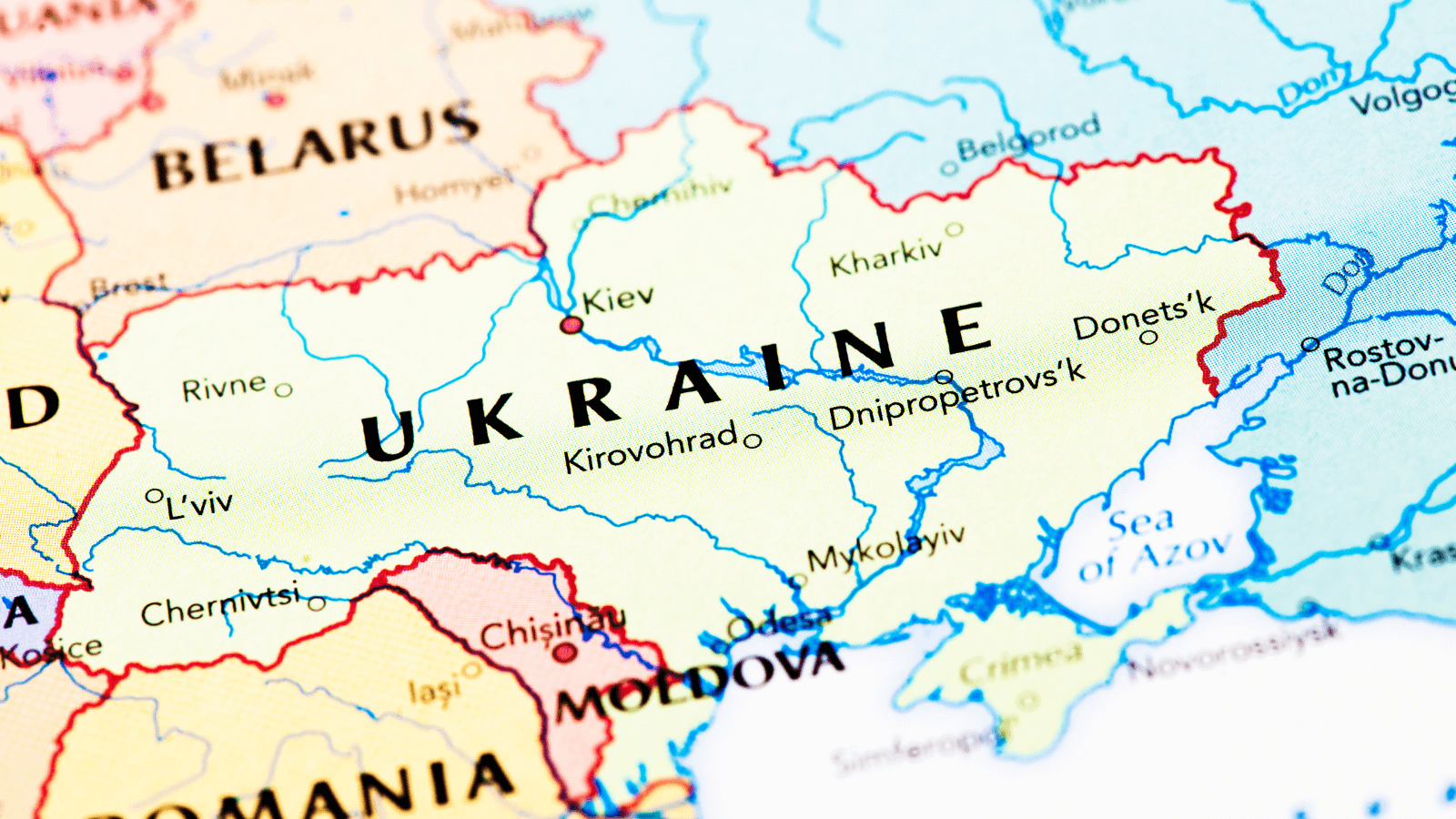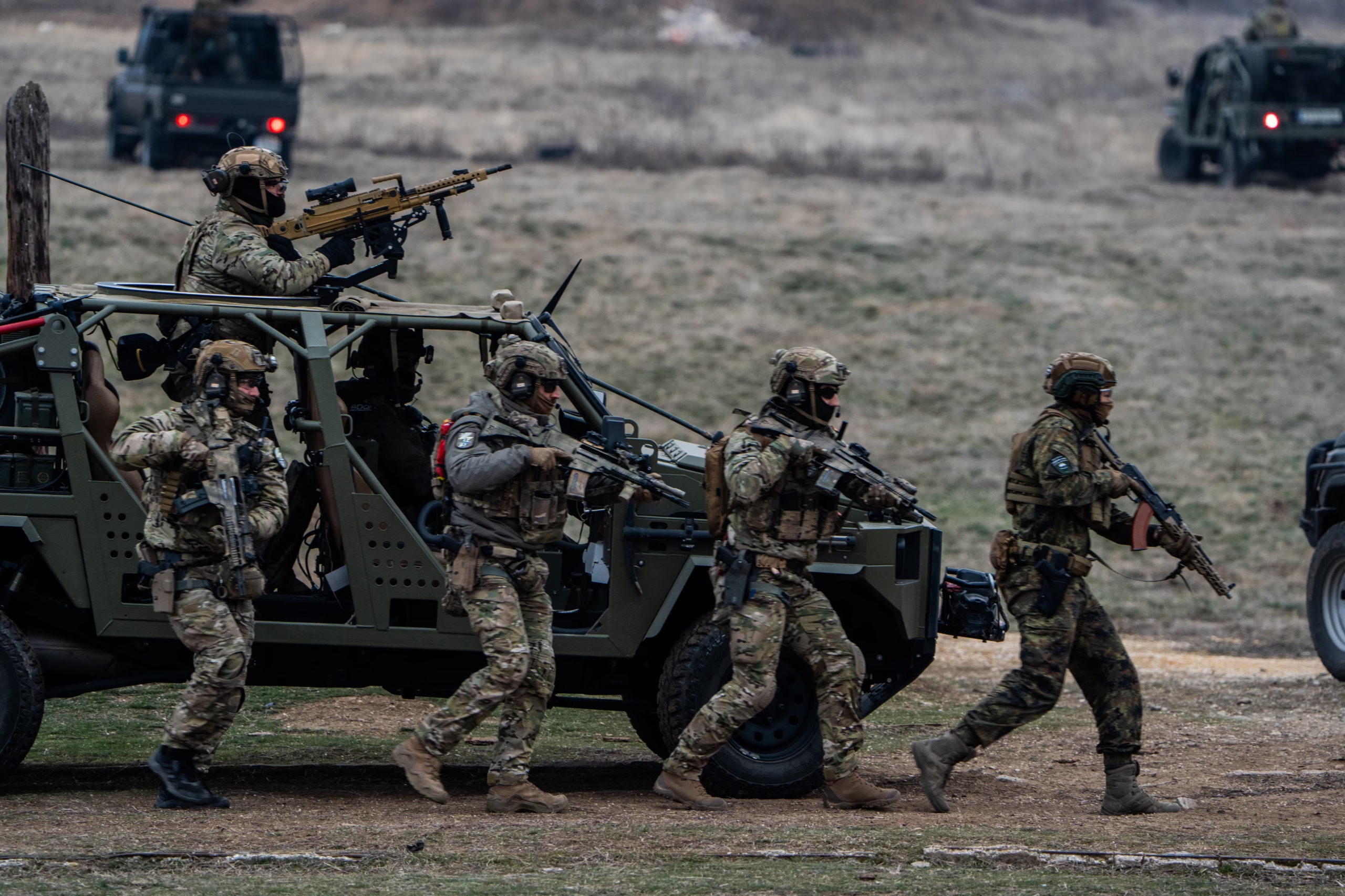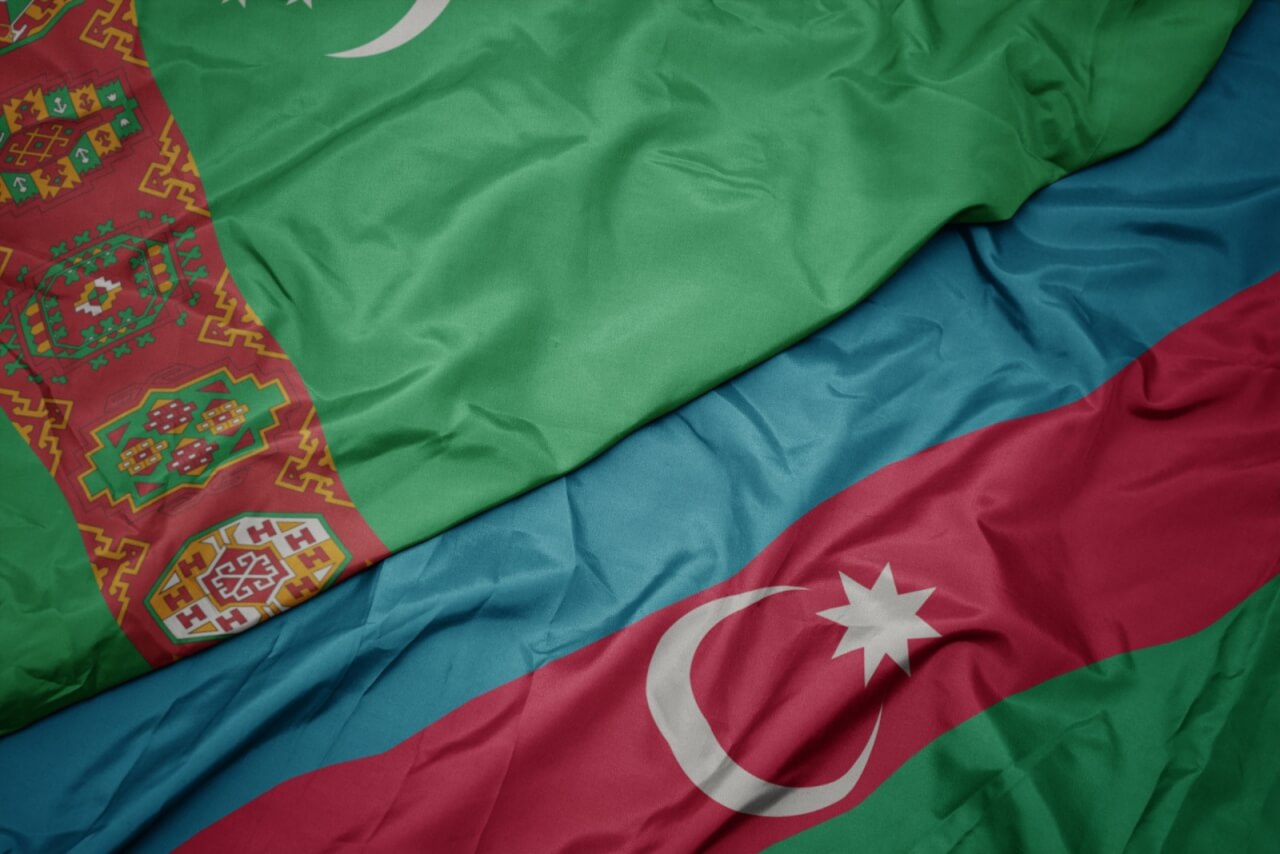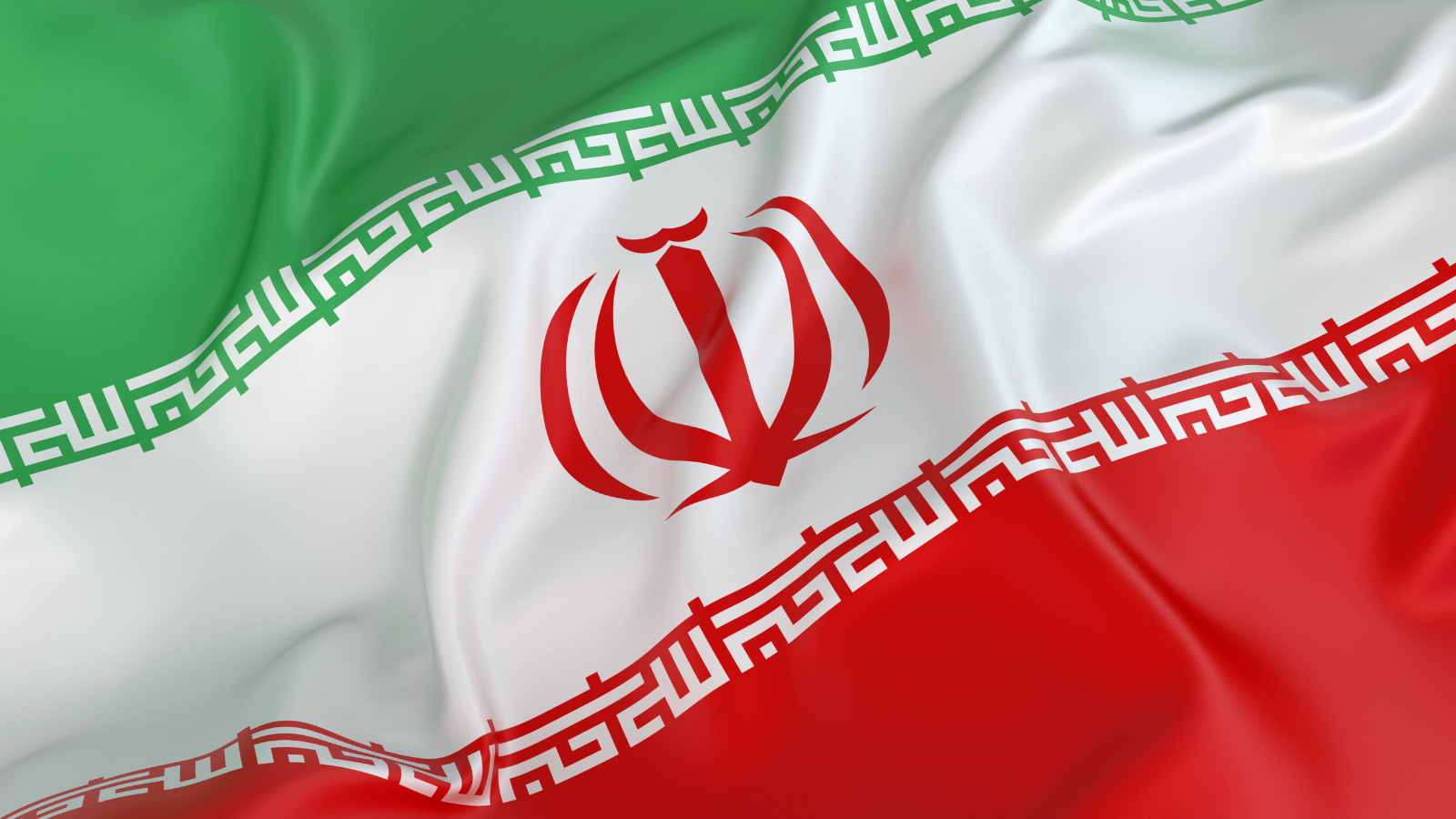Operation Spiderweb, conducted by Ukraine on June 1, 2025, was recorded as the largest and most sophisticated unmanned aerial vehicle (UAV) attack ever carried out against five military air bases deep inside Russia. The operation, which was implemented after 18 months of planning by the Security Service of Ukraine (SBU), dealt a severe blow to Russia’s strategic air power.
Details and Effects of the Attack
As part of the operation, 117 FPV (first-person view) drones, secretly smuggled into Russian territory by Ukraine and launched from trucks, targeted the Belaya, Dyagilevo, Ivanovo Severny, Olenya, and Ukrainka air bases. Ukraine claimed that 41 military aircraft were destroyed or severely damaged as a result of the attack. These aircraft included the strategic bombers Tu-95 and Tu-22M, as well as the A-50 early warning aircraft. Open-source intelligence analysis confirmed that at least 13 aircraft were shot down. Ukraine stated that the operation caused Russia approximately $7 billion in damage. One of the most striking aspects of the attack was the targeting of the Belaya air base in the Siberian region of eastern Russia. This was recorded as the longest-range attack Ukraine has ever carried out.
(Guardian: https://www.theguardian.com/world/2025/jun/02/operation-spiderweb-visual-guide-ukraine-drone-attack-russian-aircraft)
Strategic and Psychological Dimension
Such an attack by Ukraine demonstrated that military power is not defined only by quantity. Such asymmetric moves, which do not follow the standard warfare rules, seek not only tactical but psychological superiority. The attack in question showed that Ukraine had developed not only defensive but also deep strategic deterrence capabilities.
- Impact on Military Doctrine
Ukraine’s use of drone technology, especially FPV drones, on this scale opens a new page in modern war doctrines. These attacks demonstrated the effectiveness of much lower-cost, flexible, and camouflaged systems compared to conventional air forces or missile systems. These attacks, which took place in the interior of military bases, also revealed serious gaps in Russia’s air defence architecture.
- A Blow to Russia’s Perception of Security
Because the attack hit regions far into Ukraine, people are questioning what Moscow’s security line looks like across the country. The Russian public might feel like they can’t be safe anywhere which may shake their belief in the government to ensure security. It seems that Russia’s struggle in Ukraine is a time of political and military weakness for Putin.
- A Moral Contribution to Ukrainian Society
From a Ukrainian perspective, such attacks are of great importance in reducing society’s war fatigue and renewing faith in the struggle. Such operations, especially those that yield direct results and create measurable damage, reinforce the sense that “we can attack too” for both soldiers on the front lines and civilians. This psychological gain is a vital point of resistance in the long-term nature of war.
- International Communication Strategy and Digital Warfare
The sharing of professionally edited FPV footage of drone attacks on social media platforms shows that Ukraine is effective not only in the military but also in information warfare. This can be considered a strategic media tool in terms of both drawing the attention of the Western public to Russia’s weaknesses and maintaining the demand for international support.
- Deterrence and Long-Term Impact
These attacks not only break the perception of Ukraine as a “small state lacking offensive capacity”, they may also force Russia to re-evaluate its war strategy. The idea that military bases, radar systems, and supply lines are no longer absolute safe zones may require Russia to review its tactics, air defence priorities, and strategic deployments on the ground. This may create an area where Ukraine can maintain its asymmetric advantage.
International and Diplomatic Reflections
This large-scale drone attack launched by Ukraine deep into Russian territory is a development that directly affects not only the military aspect of the war but also the balances in the international system and diplomatic processes. The timing, targets, and consequences of the attack have had significant strategic implications for both regional and global actors.
- Relations with the Western Alliance
This attack has also sparked a new debate in the context of Ukraine’s defence cooperation, particularly with NATO members and the European Union. Although Western public opinion recognizes Ukraine’s right to self-defence, some allies are concerned that attacks on Russian territory could escalate the war and directly draw NATO into it. For this reason, countries such as Germany and France, in particular, are adopting a more cautious stance. In contrast, actors like the Baltic countries, Poland, and the UK support Ukraine in tipping the balance in its favour with such attacks. However, the US’s position has become more striking. While the Biden administration has distanced itself from Ukraine’s use of Western-supplied weapons on Russian territory in recent months, the sending of more advanced drones and electronic warfare equipment to Ukraine was once again on the agenda of the US Congress following this attack. This is important in terms of showing how the attack could affect strategic assessments in Washington.
- Russia’s Diplomatic Positioning
Following the attack, Russia addressed the international community with the rhetoric of “terrorist action,” claiming that Ukraine had violated international law. However, this rhetoric did not find sufficient response internationally due to the extensive destruction and civilian infrastructure targeting that Russia has been carrying out in Ukraine since 2022. On the contrary, many Western commentators viewed this attack as a legitimate military target that limited Russia’s strategic bombing capabilities. However, Russia attempted to influence the positions of “neutral” countries such as China, India, and Brazil by presenting the attack as Ukraine’s “aggression.” However, actors such as China continue to follow a cautious balancing act for now.
It is noteworthy that the attack coincides with a new Ukraine-Russia peace summit planned in Saudi Arabia. It is clear that Ukraine aims to sit at the table with a stronger hand with such strategic moves. Although diplomatic efforts have shown limited success since the outbreak of the war, the effective military results Ukraine has created on the ground may be directly decisive in the gains it will achieve at the diplomatic table. Furthermore, this attack shows that Ukraine will approach the peace talks with new agenda items such as “stopping the attacks” and “strategic security guarantees and permanent deterrence.”
- Discussion on International Law and Norms of War
The attacks carried out by Ukraine on Russian territory have led to new discussions on the legal boundaries of war and the right of states to self-defence. In international law, it is generally considered legitimate for the attacked state to target the military infrastructure of the aggressor country. However, this legitimacy is assessed by criteria such as the nature of the elements targeted (civilian or military), the compliance of the methods used with the principle of discrimination, and the proportionality of the attack. The fact that Ukraine directly targeted military bases allows it to be seen as legitimate within the framework of international law. However, every attack that risks expanding the conflict and harming civilians causes these borders to be discussed again.
Conclusion
When evaluated from this broad perspective, Ukraine’s latest drone attack is not only a military success but also a multi-layered strategic message shaping global diplomacy. War is no longer won only on the field but also in diplomatic corridors, media platforms, and legal platforms. Aware of this reality, Ukraine blends its moves on the field with international legitimacy, psychological impact, and strategic timing.
“Operation Spider’s Web” reveals the point Ukraine has reached in asymmetric war strategies and its capacity to attack strategic targets deep in Russia. Although such operations do not change the course of the war, they can affect the morale and strategic positions of the parties. In the coming period, it is likely that similar attacks will intensify, making the war more complex.

